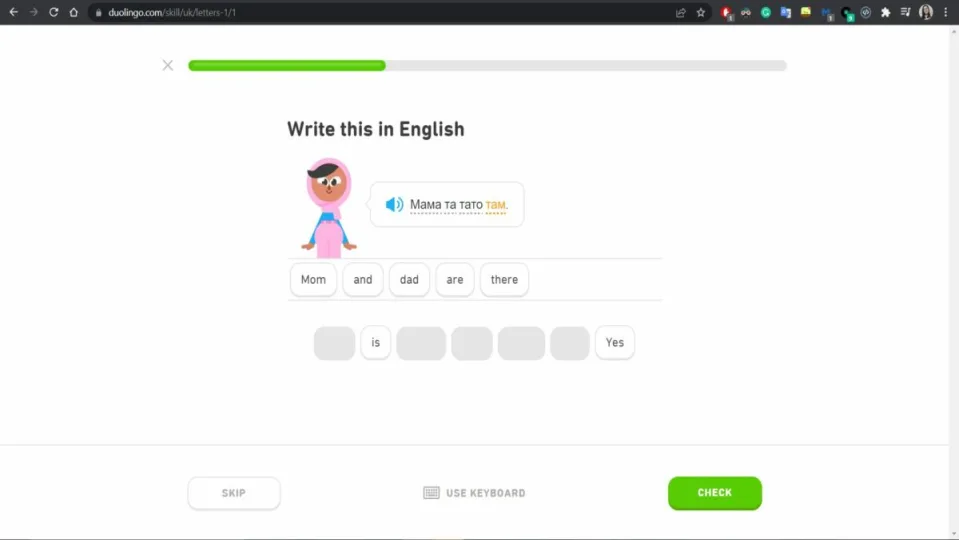In an official statement from its CEO, popular language app Duolingo expresses solidarity with Ukraine by donating all of the ad revenue from people studying Ukrainian via the app to Ukraine relief movements. This is a huge help as the app has detected a 485% increase in users studying the language in the wake of the conflict between Ukraine and Russia.
While it’s not the only language app around, Duolingo is among the more popular options and offers tons of helpful features. In providing support to its Ukrainian language students, the app hopes to further lessen the burden on people during these trying times.
Duolingo has noted that the sudden spike of interest in Ukrainian mainly comes from the US and Poland, which is currently welcoming and hosting Ukrainian refugees. Thus, to further aid both students and refugees, all ad revenue from studying the language will be donated to organizations like the United Nations Refugee Agency and the International Rescue Committee, which are part of the relief efforts.
Additionally, the app will partner up with these organizations to distribute codes so refugees and hosts can use Duolingo Plus for free. It will also be providing fee waivers so English proficiency tests for university applications are more accessible for Ukrainian students. Duolingo learning streaks will be frozen for users in Ukraine, too, so they don’t have to worry about maintaining their daily progress.
On the other hand, Duolingo remains completely free in Russia and Belarus, but all monetization will be disabled to avoid paying any taxes to the Russian government. The escalation of the Western European conflict can mean a lot of changes to how some apps will operate, but this is exactly a good time to pick up some useful skills that they can teach.


